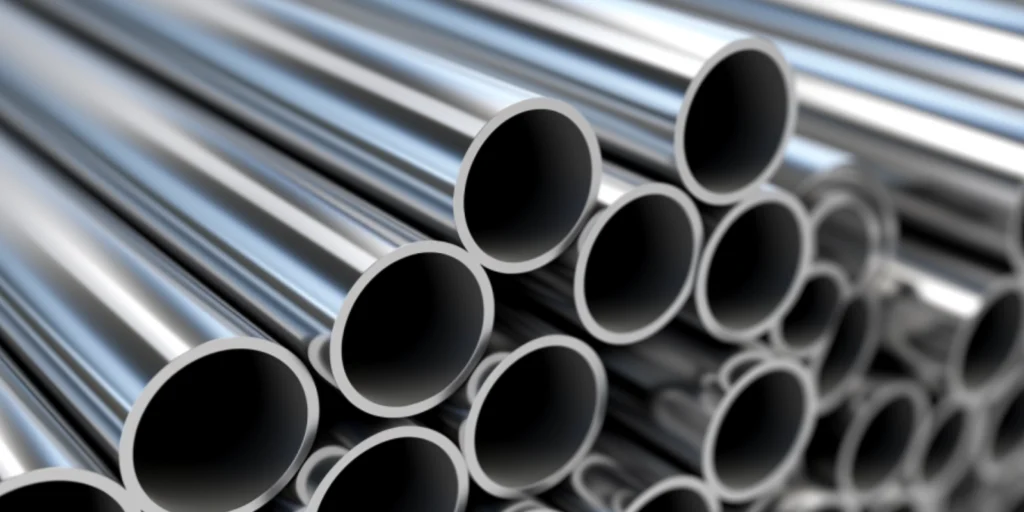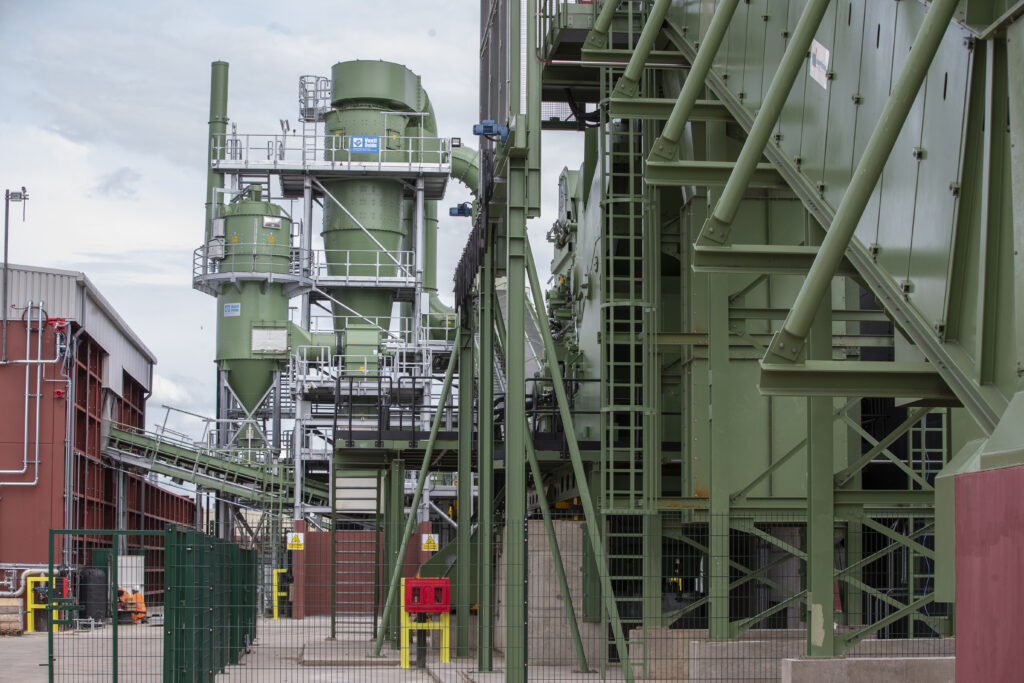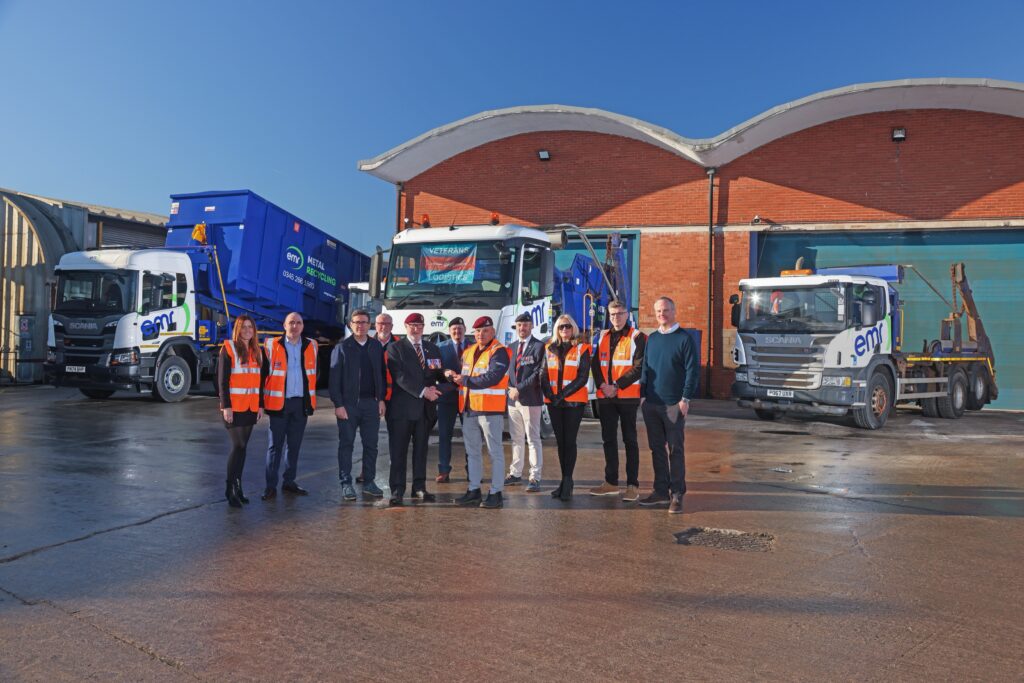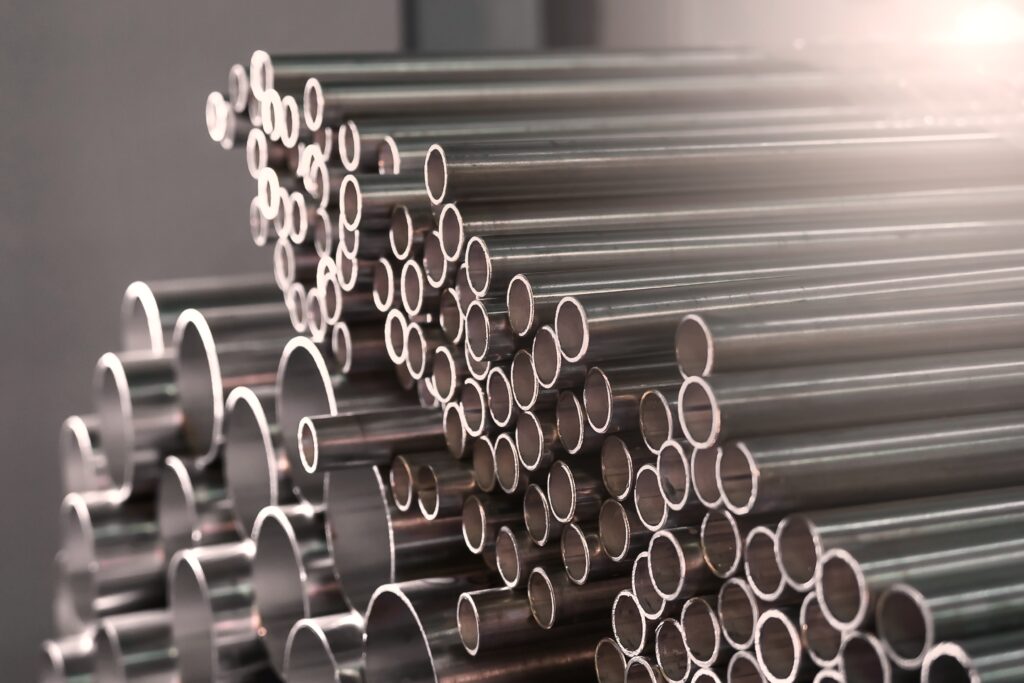Julia Ettinger, EuRIC’s secretary general, called recycled steel the “most economically viable and scalable solution” for Europe’s steel sector and said that it has the potential to drive “a competitive, low-carbon economy”.
The position paper advocated for prioritising readily available, scalable, and cost-effective solutions to drive circularity such as Electric Arc Furnaces (EAF) which offer a proven pathway to reduce emissions by up to 95% and deliver cost savings.
EuRIC added that the misconceptions surrounding recycled steel are “groundless” as studies show Europe’s recycling capacity will meet future demand. Additionally, figures indicate that the increase in recycled steel exports solely compensates for a decrease of EU’s recycled steel consumption.
In light of rising energy prices and geopolitical uncertainties, EuRIC also advocated for greater use of recycled steel on the grounds of reducing Europe’s reliance on imported energy and raw materials like iron ore.
Ettinger continued: “A strong, circular European steel industry is a reality we can build today.
“[The recycled steel industry] creates jobs, strengthens strategic autonomy, reduces emissions, and boosts Europe’s industrial base.”
Calls for investment into recycled steel
In the UK, members of the Bureau of International Recycling (BIR) reported that the recycled steel sector will undergo some “radical changes” in the coming years, which could see domestic demand for material rise.
In September 2023, Tata Steel and the UK government announced a joint investment in EAF steelmaking with a capital cost of £1.25 billion – which included a grant from the UK government of up to £500 million.
In October, Tata Steel announced that it had signed the contract for an EAF for its Port Talbot site in Wales.
Earlier this month (5 November 2024), environmental action NGO WRAP released a review of policy options for increasing metal recycling in the UK which also called for more investment into EAFs.










Subscribe for free